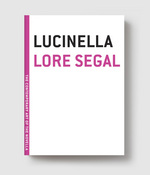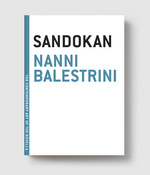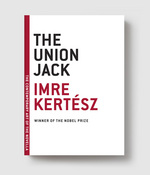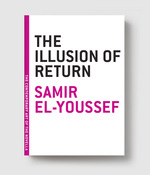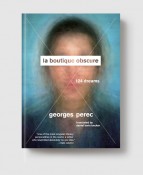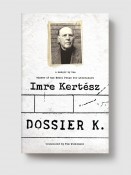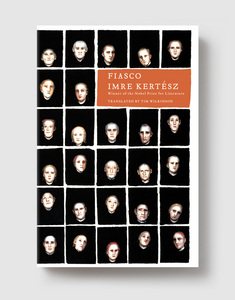
List price: $18.95
Buy
- Pages464
- ISBN9781935554295
- Publication dateMarch, 2011
- Categories
- Booksellers
- Media
- Academics & Librarians
Fiasco
Imre Kertész
Translated by Tim Wilkinson
“Heroic … Kertész is unique in Holocaust literature.” —The Boston Globe
Translated into English at last, Fiasco joins its companion volumes Fatelessness and Kaddish for an Unborn Child in telling the epic story of the author’s return from the Nazi death camps, only to find his country taken over by another totalitarian government.
Fiasco, as Imre Kertész himself has said, “is fiction founded on reality” – a Kafka-like account that is surprisingly funny in its unrelentingly pessimistic clarity, of the Communist takeover of his homeland. Forced into the army and assigned to escort military prisoners, the protagonist decides to feign insanity to be released from duty. But meanwhile, life under the new regime is portrayed almost as an uninterrupted continuation of life in the Nazi concentration camps – which in turn, is depicted as a continuation of the patriarchal dictatorship of a joyless childhood. It is, in short, a searing extension of Kertész’s fundamental theme: the totalitarian experience seen as trauma not only for an individual, but for the whole civilization – ours – that made Auschwitz possible.
“In his work, Kertész reflects on how quickly he discovered that no one really wanted to know what he had experienced. And yet, Kertész’s entire literary life has been an attempt at answering that simple question in the trilogy of novels, “Fatelessness,” “Fiasco” and “Kaddish for an Unborn Child” — an attempt that earned him the Nobel Prize in Literature in 2002.” —Los Angeles Times
“[A] powerful book….If Fatelessness was written with a bright mock-naivety that led to comparisons with Candide, and Kaddish employed the harsh comic rant of Thomas Bernhard, then the presiding ghosts of Fiasco are clearly Beckett and Kafka, those 20th-century masters of confusion and despair.”—Adam Kirsch, Tablet Magazine
“Fiasco plays with the art of bearing witness with great risk and proclaims the magnitude of what’s becoming an endangered species, the individual, whose death in this century has been repeatedly proclaimed, celebrated and, here, denied.” —Hans-Harald Muller, Die Welt (Germany)
“We knew Imre Kertész capable of dry wit in the most horrific moments, but his representation of the socialist world reveals a great sense of humor that we did not know about. …here we all laugh. And we laugh intelligently.” —L’Express (France)
“An unforgettable novel… a project with strong Kafkaesque and Camus-charged themes.” —Reinhard Baumgart, Die Zeit (Germany)

